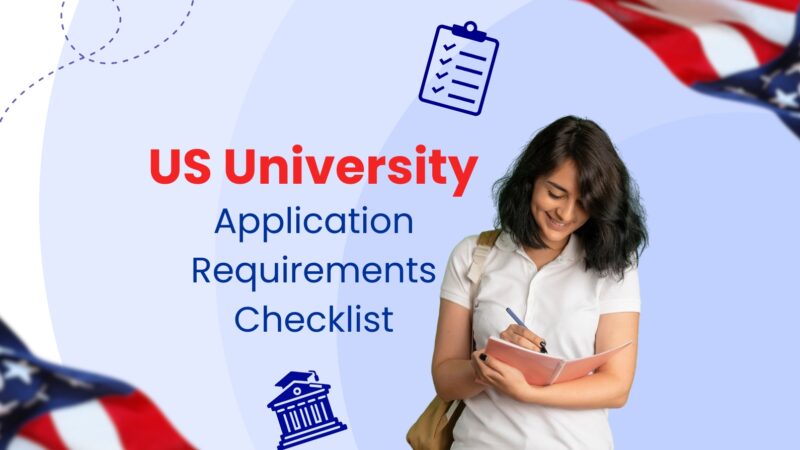Smart Guide: Shortlisting MS Universities in USA by Loan Approval
Pursuing an MS in the USA can be a game-changer for any international student. While planning to study a Master’s in the USA, students often think about university reputation, cost to study, rankings, and more. However, students frequently overlook one of the most critical factors – loan approval chances. This smart guide will tell you how you can shortlist MS universities in the USA based on your education loan approval chances.
Why Loan Approval Should Influence Your MS University Shortlist
Several Indian students take out an education loan to pursue their master’s in the USA. Your academic information and your chosen university become a crucial factor that banks use to make their decisions. Here’s why:
| University Factor | Why it Matters |
| Higher-Ranked University | Higher Chances of Approval |
| Strong Post-Graduation Employment | Favourable Loan Terms |
| Public / Accredited Universities | Less Risk for Lenders |
Factors That Affect Loan Approval For MS University USA
The approval process of your loan depends on several important factors that impact your loan application’s success. Some of these factors are:
- Rankings: Several banks check the university’s rankings and reputation before approving the loan. A top university would automatically mean employment, making it easy for the lender to grant you a loan.
- Course ROI: Usually, STEM courses in the USA have a greater ROI than non-STEM courses. Choosing a STEM course for your MS in the USA would also affect your loan chances.
- Recognition: Your loan approval heavily depends on accreditation from multiple international bodies, such as Regional Accreditation Bodies and AACSB, ABET, LCME, and ABA. Accredited universities receive preferential status when compared to universities without accreditation.
- Previous Loan Repayment Records: Lenders often check the previous loan repayment records of students who have graduated from the university. It gives a general idea to the lender about how you will repay the loan.
How to Use Loan Approval Criteria in Your MS University Shortlisting Process
To effectively use your loan approval criteria in your MS university shortlisting process, here’s what you need to do:
| Steps | Approval Benefit |
|
Budget |
|
|
Loan Eligibility |
|
|
Prioritize Public and Tier 1 Universities |
|
|
Profile Matching |
|
|
Utilize Loan Finder Tool |
|
Top 10 Universities for MS in the USA
| University Name | QS World University Rankings 2025 |
| Massachusetts Institute of Technology (MIT) | 1 |
| Harvard University | 4 |
| Stanford University | 6 |
| California Institute of Technology (Caltech) | 10 |
| University of Pennsylvania | 11 |
| University of California, Berkeley (UCB) | 12 |
| Cornell University | 16 |
| University of Chicago | 21 |
| Princeton University | 22 |
| Yale University | 23 |

Frequently Asked Questions
How to shortlist universities for MS in the USA?
Start by identifying your preferences and checking university rankings, admission requirements, and fees. While shortlisting universities for an MS in the USA, also consider job opportunities and alumni networks.
How many universities should I shortlist for admission to MS in the USA?
Try shortlisting at least 8-12 universities for your MS in the USA. You can target your universities into three types: dream, target, and safe.
Which intake is best for studying MS in the USA?
If you plan to study MS in the USA, the Fall intake, also known as the September intake, is considered the most popular and preferred intake.
How much GPA is required for admission to an MS in the USA?
A minimum GPA of 3.0 on a 4.0 scale is required for admission to the MS in the USA. If you are an Indian student, you must have a minimum of 65%-70% for an MS in the USA.
Can I get a loan to study an MS in the USA as an Indian student?
Yes, you can get a loan to study an MS in the USA. However, you must fulfill the eligibility requirements must submit all the required documents for a successful loan application.
Related Blogs
Get Expert Admission Guidance
Helping students worldwide choose top universities and secure their dream admits.








